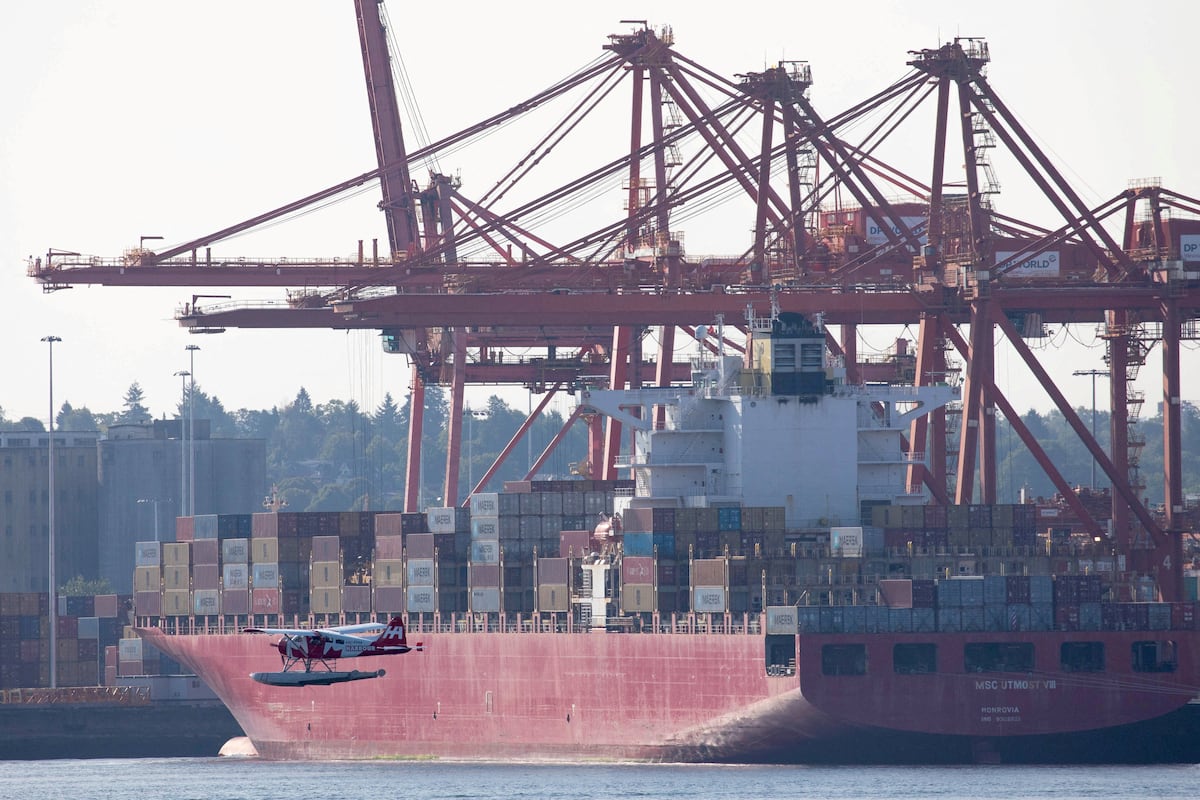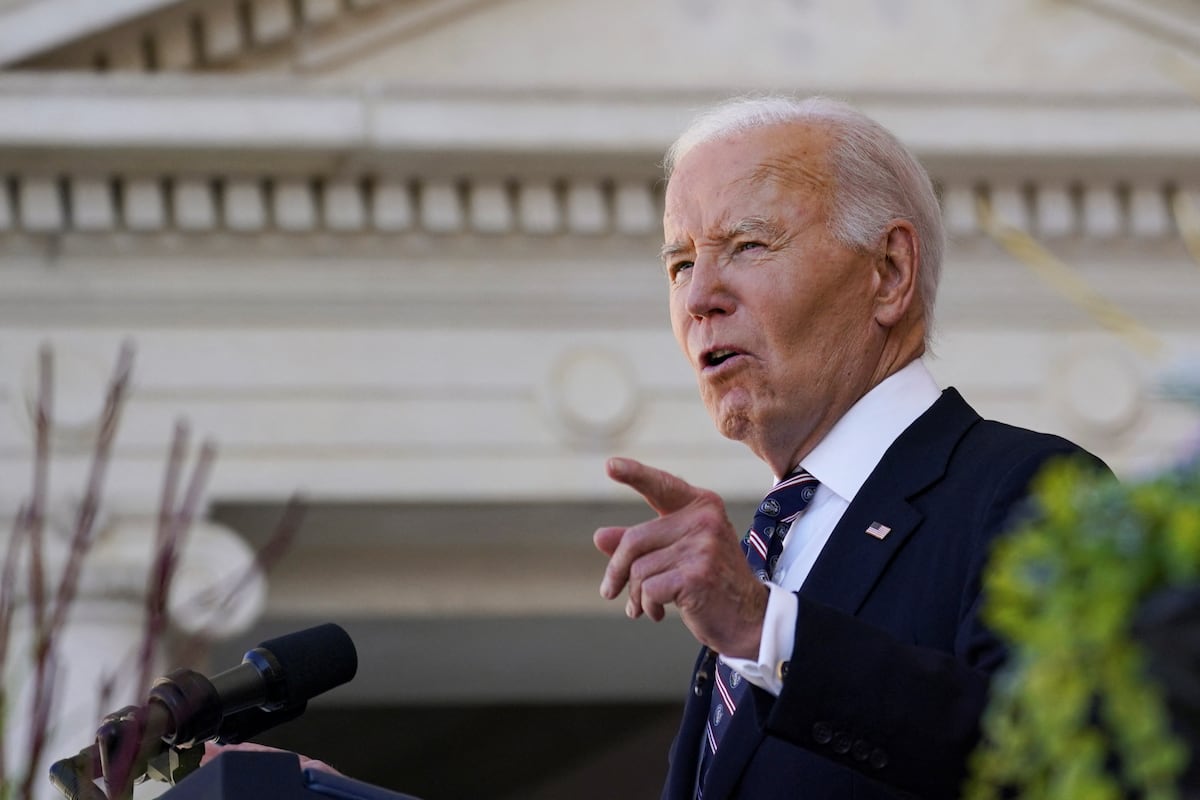The Government of Justin Trudeau has taken an important step this Tuesday to try to resolve a series of labor disputes in several of the main Canadian ports. Labor Minister Steven MacKinnon has asked the Canadian Council for Industrial Relations to order the immediate resumption of operations at port terminals affected by lockouts, in addition to imposing binding arbitration and extending the duration of existing collective agreements.
Workers at the port of Vancouver – the most important in the country – and other terminals in the province of British Columbia have had to face a closure ordered on November 4 by employer representatives, after the rejection of these employees – stevedores in their majority – of a new proposal for the renewal of their collective contract. This Sunday, 1,200 workers at the port of Montreal (the second largest in the country) voted against the employer’s most recent proposal. A day later, the lockout went into effect. Likewise, employees of the port of Quebec have suffered a similar strike for 26 months. The main obstacles in the negotiations have had to do with salary increases and automation plans in various activities.
The brake on the circulation of the ports in conflict (mainly of products for the automotive industry, the agri-food sector and mining) has a daily negative impact of around 1.3 billion Canadian dollars (930 million US dollars). MacKinnon justified his Government’s intervention in this wave of port conflicts: “There is a limit to economic self-destruction that Canadians are willing to accept.” The minister added that it is always preferable to reach a result at the negotiating tables, but that it is impossible to “allow other Canadians to suffer because some of the parties do not assume their responsibility to reach an agreement.”
The Canadian Federation of Independent Business and several trade bodies in British Columbia and Quebec applauded the Trudeau government’s decision to intervene in these disputes, underscoring the wear and tear that companies were facing due to this situation and the general damage to supply chains. For their part, the unions representing port workers denounced that Ottawa is favoring the position of the employers and violating bargaining rights. Their representatives do not rule out filing an appeal before a federal court. In this sense, the New Democratic Party accused Trudeau of giving in to corporate interests.
At the end of August, the federal government asked the Canadian Industrial Relations Council to resume activities on the railway network affected by a lockout. Ottawa applied the same plan in the ports this Tuesday. Another labor conflict that is worrying in the North American country takes place in the postal sphere. Postal service workers indicate that they could start a strike as early as this Friday. The management of this state company retaliated with the threat of a lockout. Negotiations to renew the collective contract continue in an increasingly acrimonious atmosphere.








